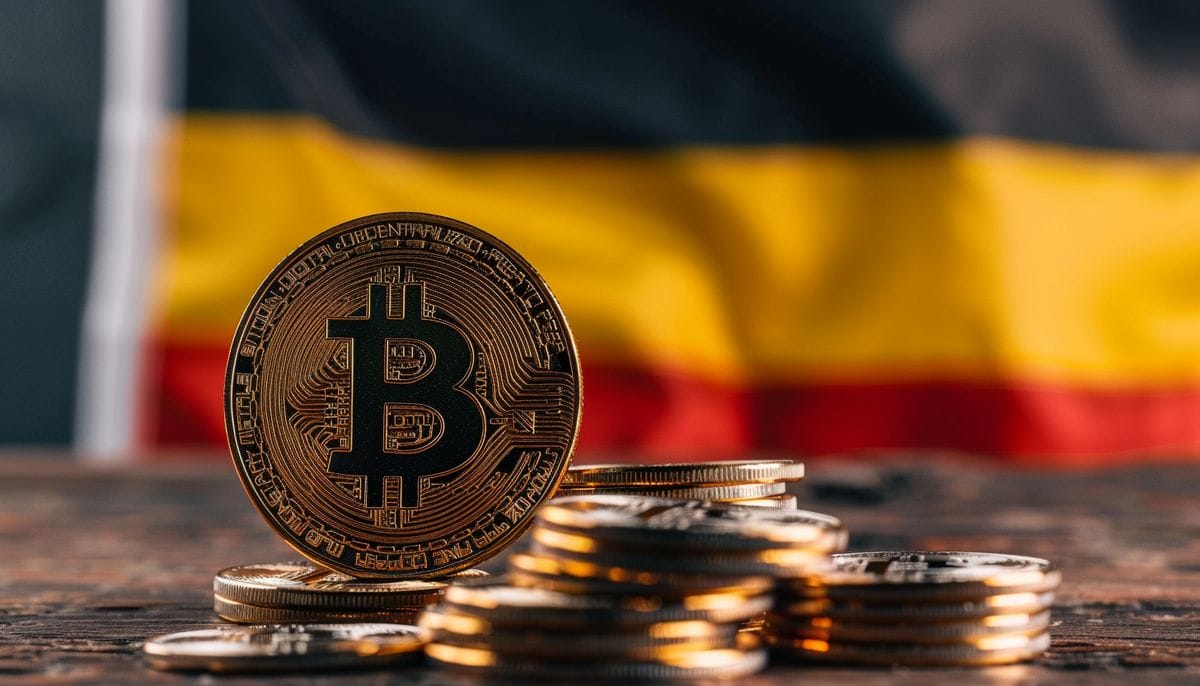The German government recently made headlines for transferring over 1,000 Bitcoins through various cryptocurrency exchanges on July 11, including Coinbase and Kraken. This move comes amidst a downturn in the Bitcoin market and is part of a larger strategy by the government to manage its Bitcoin holdings. The government transferred a total of 1,125 BTC, valued at $65.3 million, to three exchanges, including Bitstamp, Kraken, and Coinbase. In addition to these transfers, the government also sent 1,000 BTC, worth $58.1 million, to a B2C2 Group wallet and 250 BTC, totaling $14.5 million, to a suspected OTC service institutional deposit address. Another 152 BTC, worth $8.9 million, was moved to crypto market maker Cumberland DRW.
This flurry of activity follows a recent inflow of 2,442 BTC into the German government’s wallet on July 10, which included Bitcoin confiscated from the film piracy website Movie2K earlier in the year. Despite the significant outflows, the government still holds 12,925 BTC, valued at approximately $756.336 million. The German government’s handling of these Bitcoin transactions has drawn criticism, with lawmaker Joana Cotar expressing concerns about the rapid selloff without a clear strategy. Cotar emphasized the importance of holding Bitcoin as a strategic reserve currency and advocated for a more deliberate approach to managing these assets. Despite the backlash, the government appears committed to liquidating its holdings, as evidenced by the recent transfers.
The volume of Bitcoin being transferred and sold by the German government could potentially impact market dynamics and prices. While the price of BTC has seen a slight increase of 2.07% over the last 24 hours, this rise may not fully offset the recent decline linked to the government’s Bitcoin transactions. It remains to be seen how these ongoing transfers will continue to shape the Bitcoin market and whether the German government will adjust its strategy in response to the feedback received. Overall, the German government’s recent Bitcoin transactions highlight the growing intersection between traditional government institutions and the world of cryptocurrency, raising interesting questions about regulation, asset management, and market influence.










